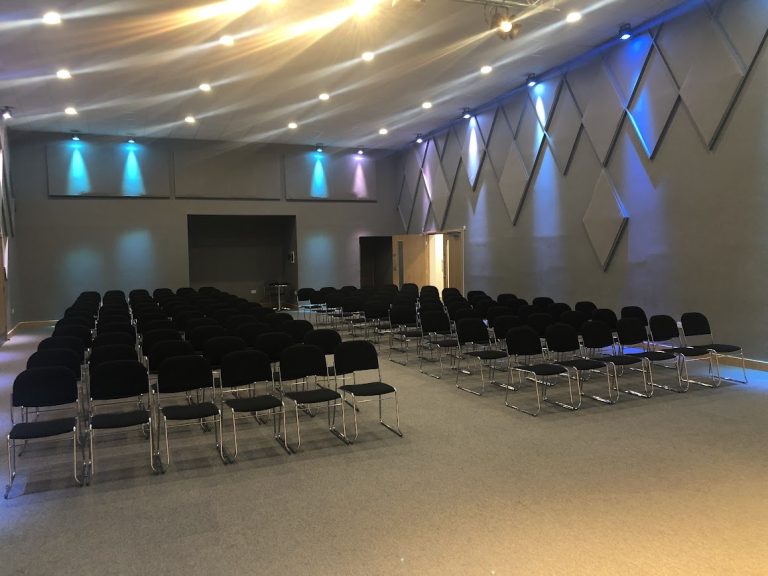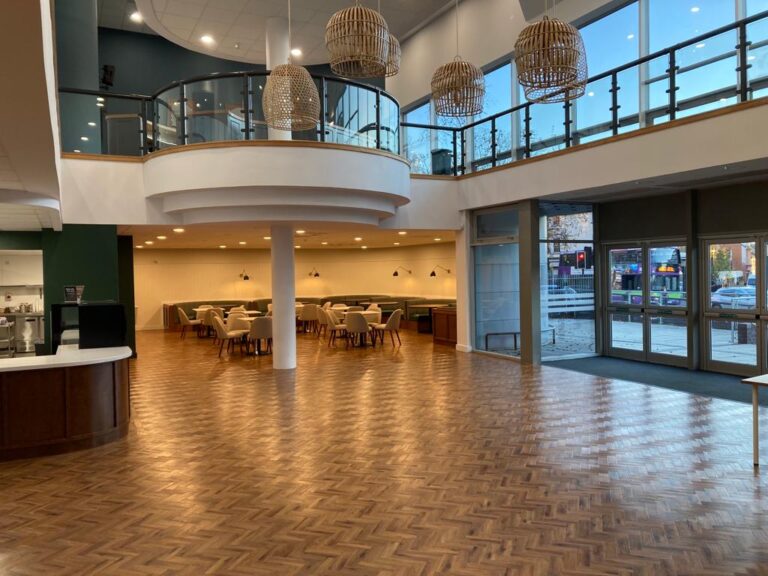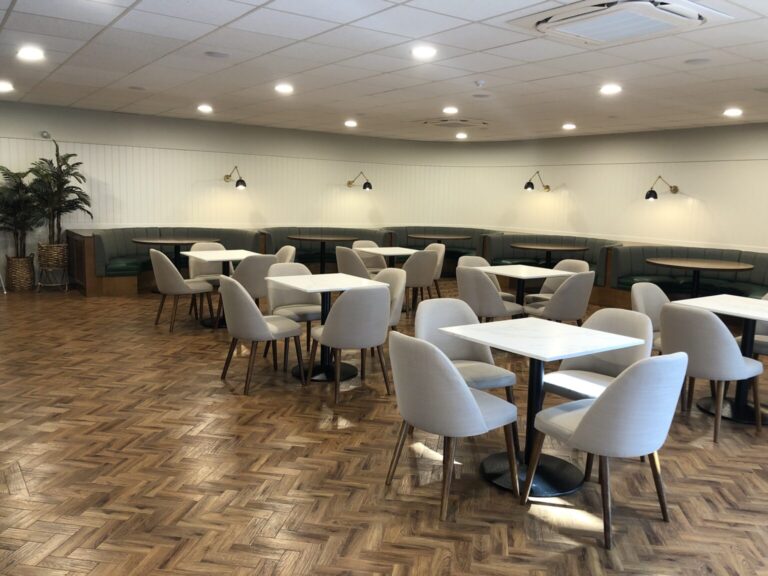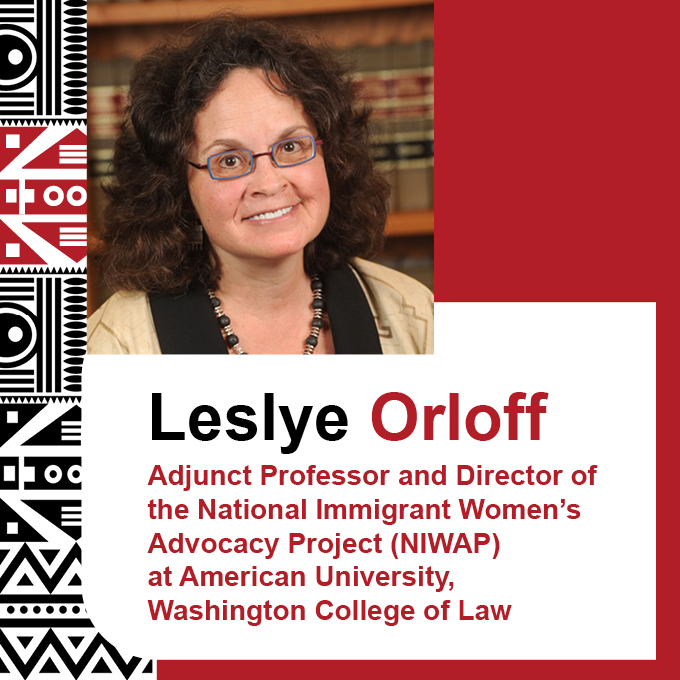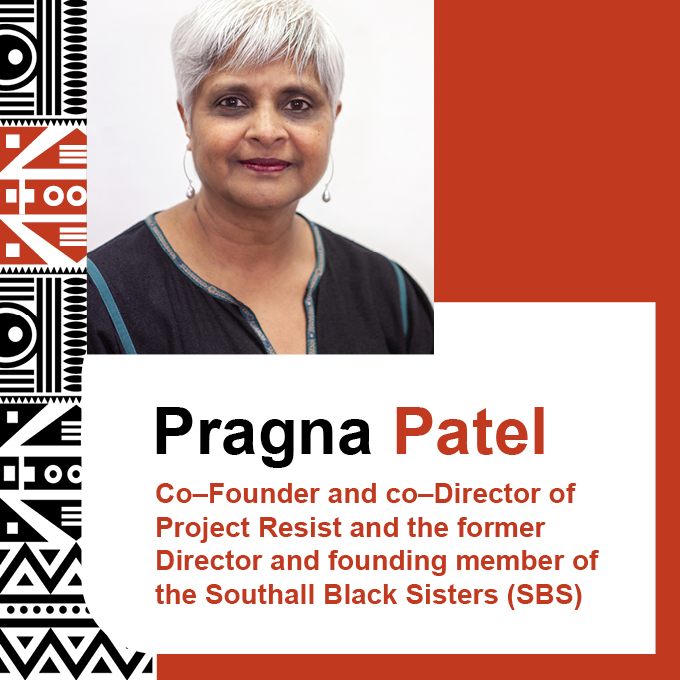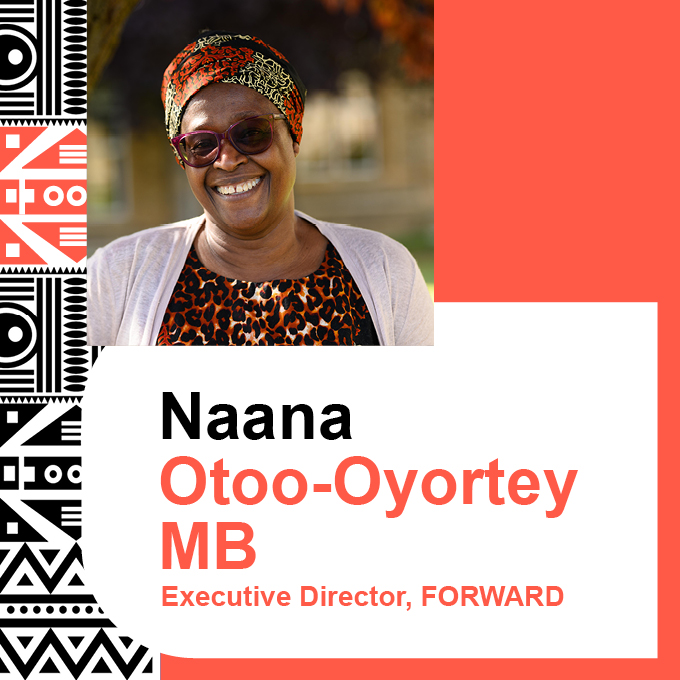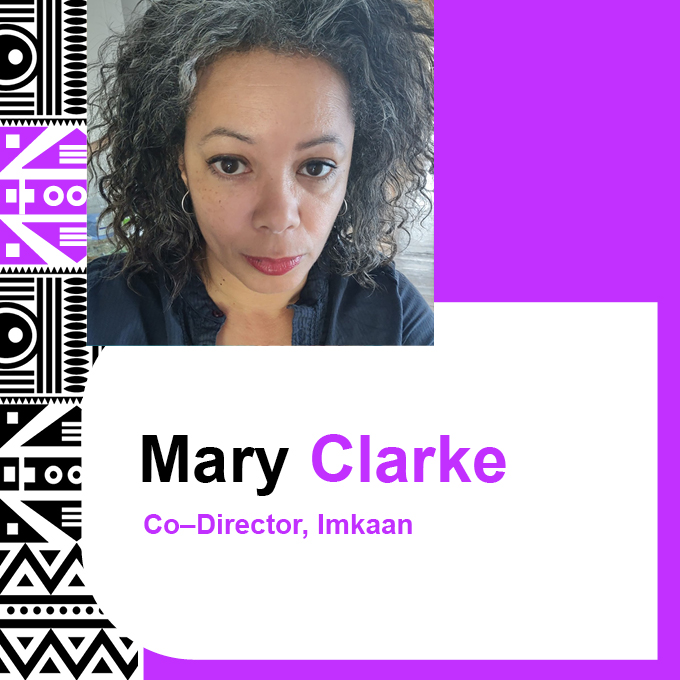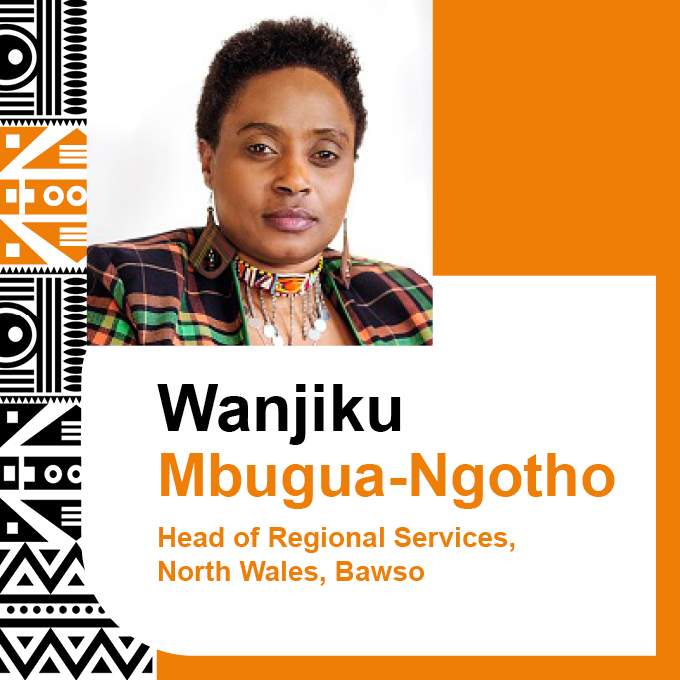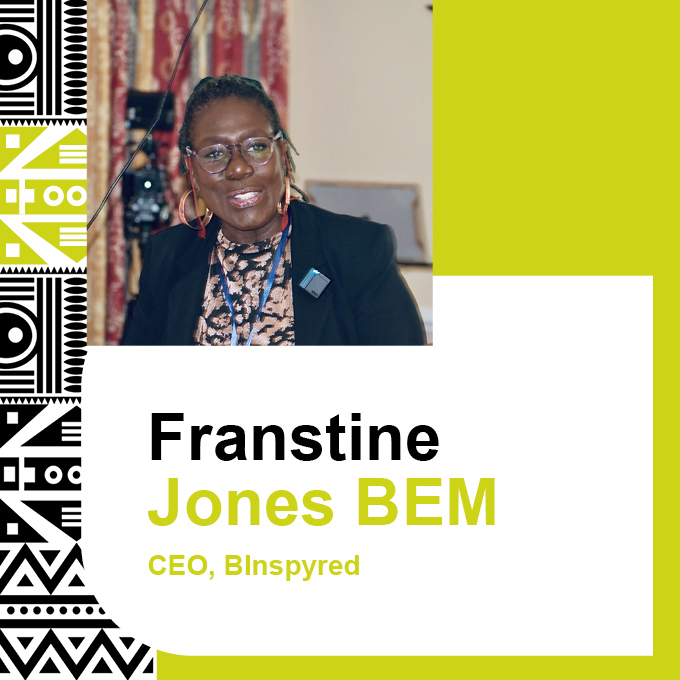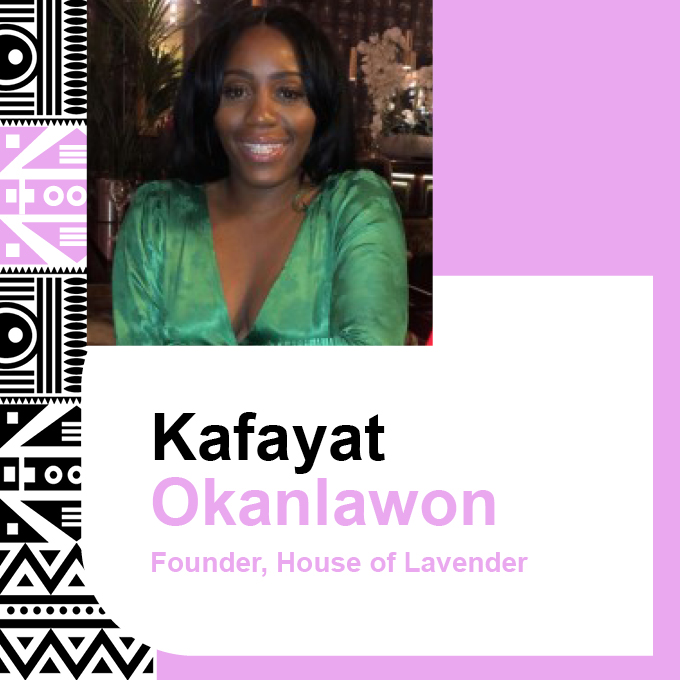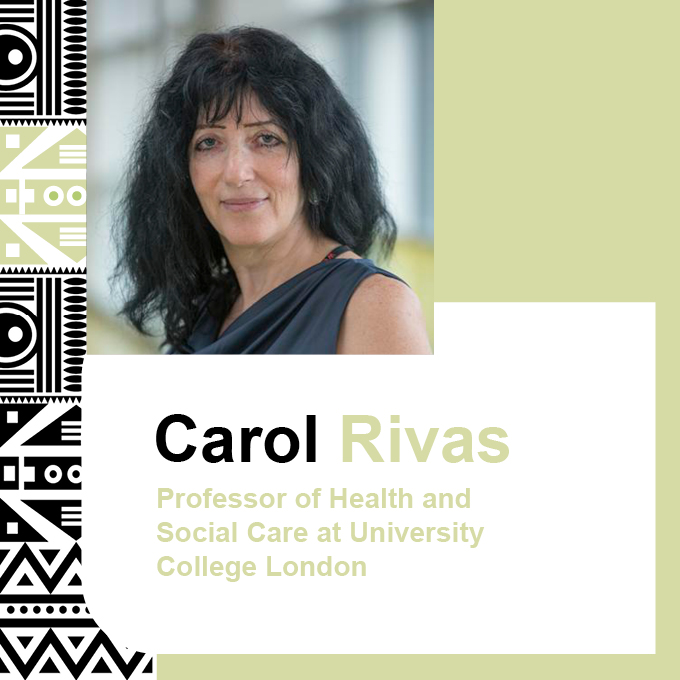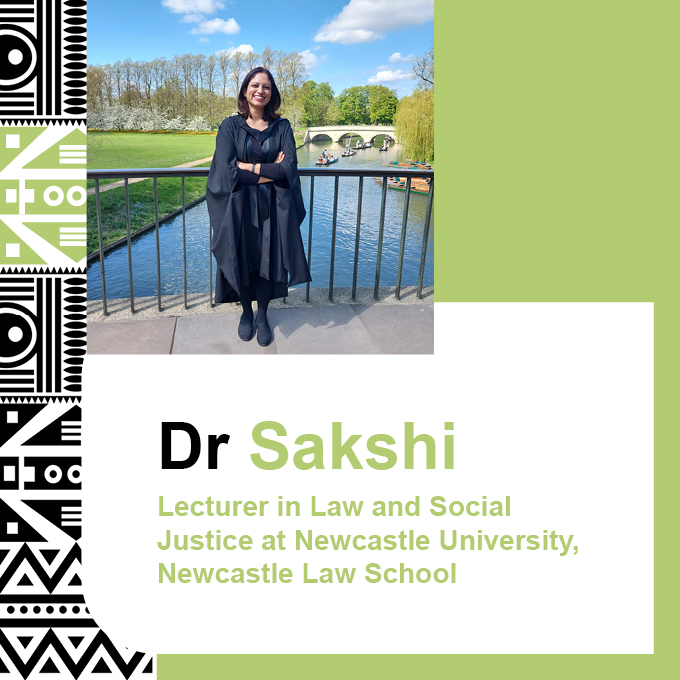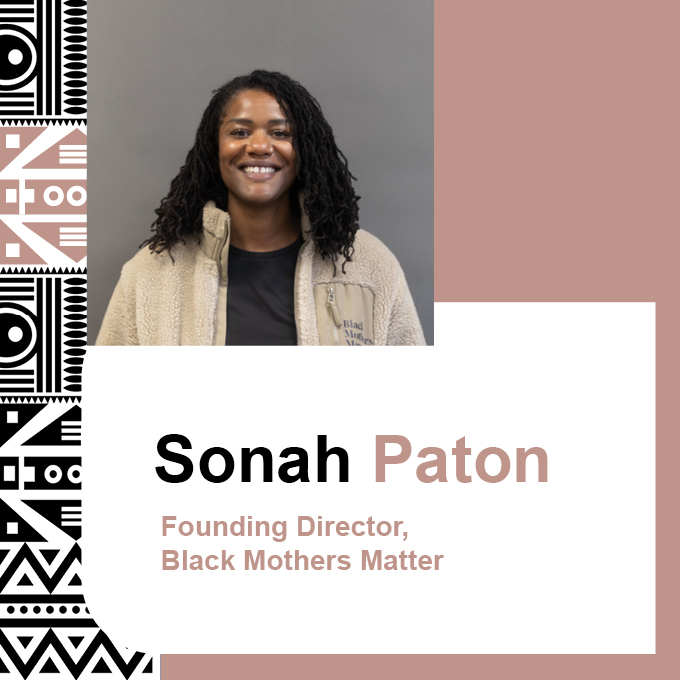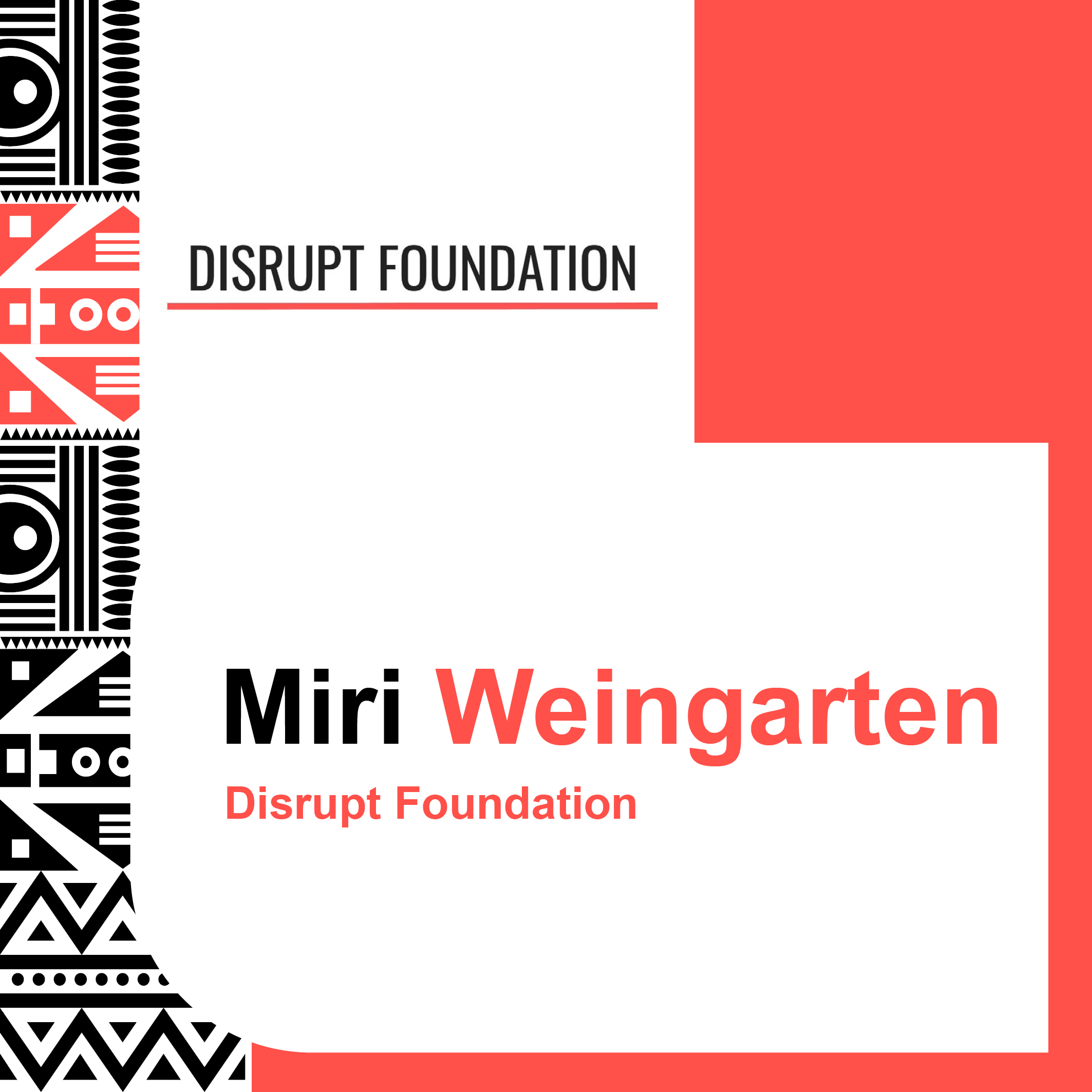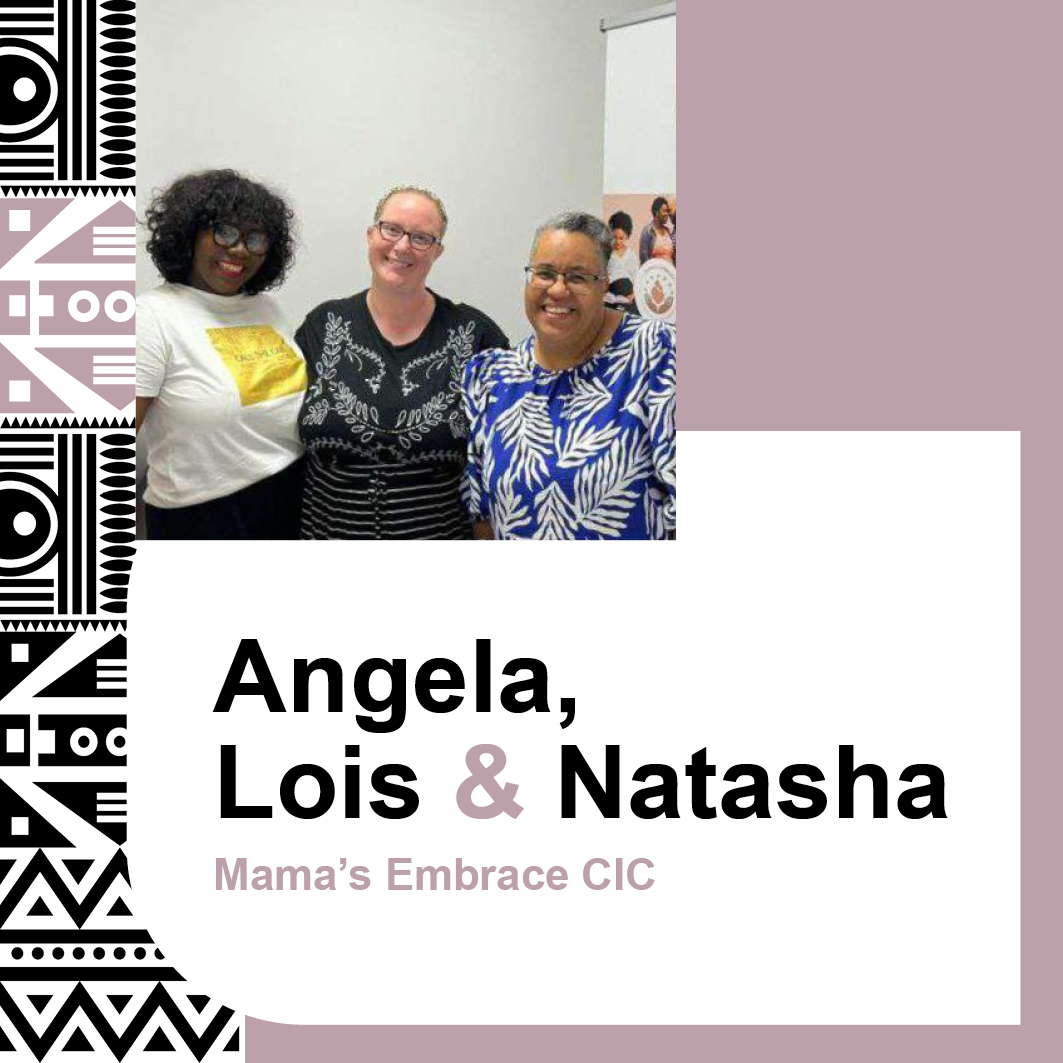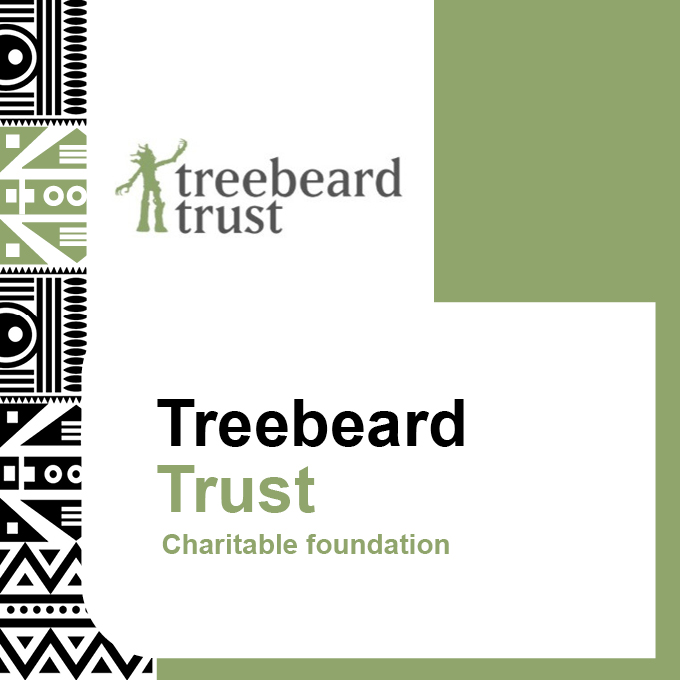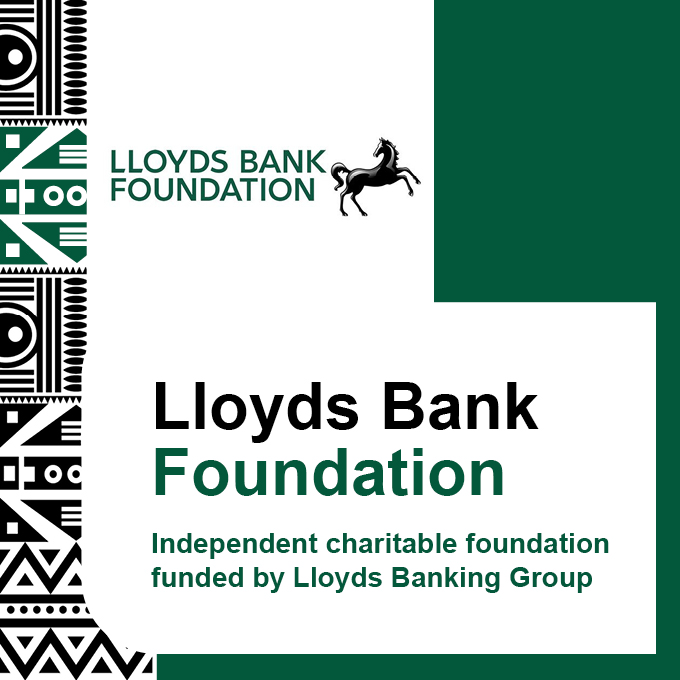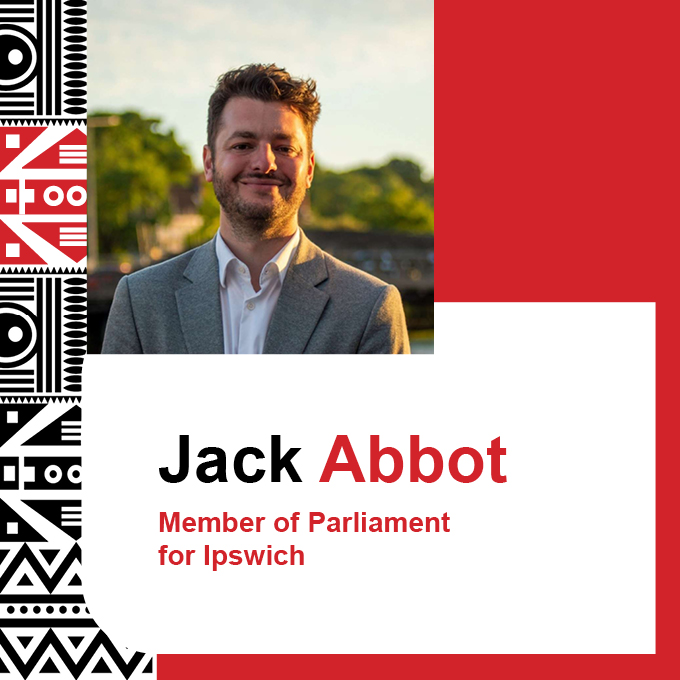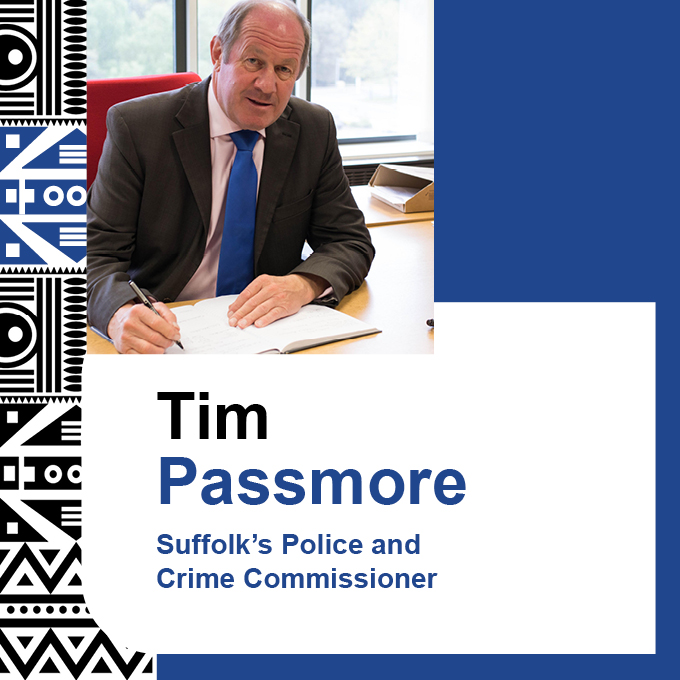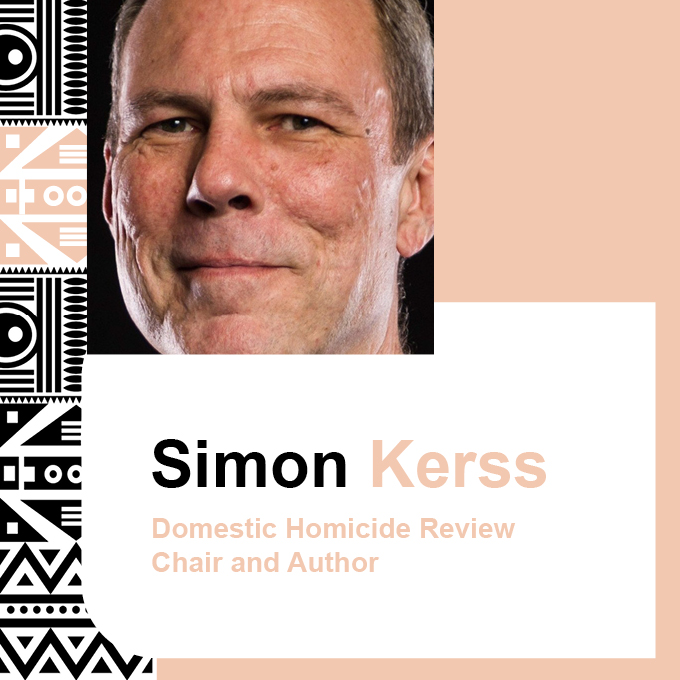
Gender Justice & Intersectional Practice Conference
Friday 29th November 2024
The Hope Centre, 10 St Margaret’s Street, Ipswich, IP4 2AT
9am – 5pm
P.H.O.E.B.E invites you to our first annual Gender Justice & Intersectional Practice Conference. Join us for a day of networking, learning, and inspiring discussions in one of Suffolk’s most multicultural towns.
Please note that there is free childcare available on the day. If you would like to book a space for your child, please do so by contacting us by November 20th.
There is a travel bursary available for Black and minoritised women led organisations.

The theme of our first annual conference is Intersectionality, Inclusion & Inspiration
Intersectionality, because we want to emphasise the intersecting, multi – dimensional needs that black, minoritised, and migrant women face, and how they should be addressed.
Inclusion, because we want to facilitate an open, safe space where the plight of the most disadvantaged women in our society is the focus.
Inspiration, because we want to inspire change and collective action for a more just, equitable society for black, minoritised and migrant women.
About P.H.O.E.B.E
Through PHOEBEs activities and services, we tackle the impact of injustice by working through an intersectional lens to provide relief from the multi–layered challenges that migrant women face daily. This includes skills classes, poverty relief, volunteering opportunities, legal advice, mental and physical health support, maternity support, and domestic violence casework.
We see a future where there are increased discussions on suitable support mechanisms for newly migrated minority women in the UK. This is especially the case for women subject to immigration controls. Not only are these women economically and socially disadvantaged, but they face the intersection of this and a lack of trauma – informed, culturally competent support that considers all aspects of the challenges they face. For example, it is not just poverty that they are faced with, but also racism and language barriers that hinder their safety, integration, and personal development.
We want to increase the presence of migrant women and the groups that are imbedded within this community at the forefront of strategic partnerships and alliances. We believe that the impact of this will be the development of policies and practices that improve the lives and future outcomes of black and minoritised migrant women.
We are bringing mainstream attention to what we believe the root causes of injustice are through this conference. This includes five areas of focus which will be the importance of funding, structural inequalities, violence and abuse, reproductive justice, and best practice.
Understanding the impact of fostering solidarity between like–minded groups, this conference will serve as an advocacy tool, challenging the hostile environment caused by anti–migrant narratives.
OUR VALUES
Promotion of:
Health – We see physical and mental health equally important as each other and actively work to promote both so that black and minoritised women and girls can lead happy, healthy lives despite adverse life outcomes.
Opportunity – We are committed to providing black and minoritised women and children with a way out of personal circumstances that prevent them from nurturing skills and achieving what they desire most.
Equality – We are working towards an equitable future where black and minoritised women and children do not have to struggle to access mainstream support and opportunities.
Benevolence – We are driven by our desire to make a positive impact on the lives of black and minoritised women and children who are underserved and overlooked.
Empowerment – We believe in providing the tools for black and minoritised women and girls to realise their true potential and increase their ability to advocate for themselves.
Conference objectives – We Aim to:
1. Encourage the development of strategic partnerships and alliances that are set up to meet the intersecting needs of black and minoritised migrant women
2. Drive discussions on protection and support mechanisms for black and migrant women that are culturally–competent and trauma–informed
3. Embed an understanding of the intersectional nature of black and migrant women’s experience of abuse and why they are more vulnerable
4. Strengthen best practice amongst structural systems in order to address systemic racism and neglect of black and minoritised women.
Gender Justice & Intersectional Practice 2024 Speakers & Attendees
THE CALL FOR SOLIDARITY
There is a need to bring attention to the intersectional lens that is required when considering support pathways for black, minoritised, and migrant women. Their unique vulnerabilities and experiences are not widely understood outside of the specialist by and for organisations that already support them. Speakers and attendees will be made up of specialist grassroots organisations and professionals who work with minoritised migrant women as well as academics, activists, victim – survivors themselves, and those who are higher up in decision – making processes.
PLENARY– Violence & Abuse
Black and minoritised women continue to face barriers as a result of racism and inequality that make it difficult for them to escape abusive relationships. Migrant women in particular face violence before, during, and after the migration journey. They are also particularly vulnerable to immigration abuse and modern slavery, with perpetrators triggering their fear in authorities to keep them from reporting violence against them.
Kafayat Okanlawon
Founder of the House of Lavender, a community organisation centering the needs, growth and healing of Black women and girls through events, workshops, and resources.
Naana Otoo–Oyortey MBE
Executive Director of FORWARD, an African women-led organisation working to end violence against women and girls.
Pragna Patel
Co–Founder and co–Director of Project Resist and the former Director and founding member of the Southall Black Sisters (SBS)
Tim Passmore
Suffolk’s Police and Crime Commissioner
Carol Rivas
Professor of Health and Social Care at University College London
Jack Abbott MP
Member of Parliament for Ipswich
Wanjiku Mbugua-Ngotho
Head of Regional Services for Bawso who has worked to tackle all forms of domestic abuse and violence in Wales since 1995.
Panel 1 – The Importance of Funding
Despite the growing evidence base for funding specialist women’s organisations, we continue to face a volatile funding climate that shows we are not valued as much as larger, mainstream service providers. There is also a reluctance amongst funders to provide core or unrestricted grants, which is essential for smaller organisations to sustain themselves and their day – to – day work. This conference aims to explore ways to address this issue.
Panel Chair: TBD
Panel Speakers:
Frances Warwick, Lloyds Bank Foundation
The Lloyds Bank Foundation provide flexible, unrestricted funding as well as development support to grantees through their ‘Racial Equity’ and ‘Small but Vital’ grant–giving programmes.
Jessamy Gould, Treebeard Trust
The Treebeard Trust are proactive grant makers, with refugees, migrants, and violence against women and girls at the heart of their grant – making.
Panel 2 – Reproductive Justice
The principles of reproductive justice are the right to not have a child, the right to have a child, and the right to parent a child in safe and healthy environments. The intersecting inequalities that black, minoritised and migrant women face threaten their right to reproductive justice. Through access to quality healthcare, housing, education, a living wage, and a healthy environment, mothers will have access to dignified human experiences and these things are a human right.
Panel Chair: TBD
Panel Speakers:
Sonah Paton
Co – founder of Black Mothers Matter, who address the disparities in outcomes and experiences for Black women compared to others.
Tendai Nzirawa FRCN
Maternity Clinical Improvement Lead, Health Innovation East
Mama’s Embrace
Mama’s Embrace provide pre-conceptual and perinatal support up to one year post birth for mothers from black and black mixed-heritage backgrounds. Scotland.
Panel 3 – Best Practice
Kimberle Crenshaw states that “If you are standing in the path of multiple forms of exclusion, you’re likely to get hit by all.” It is imperative that service providers are aware of the compounding challenges that minoritised and migrant women are faced with. An approach to service provision that fails to consider the intersecting needs of migrant and minoritised women will leave many of their struggles unaddressed. Holistic support services promote inclusivity and ensures no woman is left behind.
Panel Chairs:
Leslye Orloff Director
National Immigrant Women’s Advocacy Project (NIWAP)
Pragna Patel
Co-founder and co-director of Project Resist and former director and founding member of the Southall Black Sisters (SBS)
Panel Speakers:
Mollin Delve
P.H.O.E.B.E CEO
Simon Kerss
Domestic Homicide Review Chair & Author


Keynote Speakers:
Panel Speakers:

The Venue
CONFERENCE VENUE
The Hope Centre
IPSWICH
The Hope Centre is in the heart of Ipswich, boasting a 600-seater auditorium as well as smaller rooms that seat between 20 to 150 people, making it the perfect venue for events of all sizes. Surrounding the Hope Centre are many shops, restaurants, and cafes for attendees to visit.
Getting to the venue
The Hope Centre, 10 St Margaret’s Street, Ipswich, IP4 2AT
By Car
The Hope Centre does not have parking but there are plenty of car parks that will be open throughout the duration of the conference:
6 minute walking distance:
Apex Parking, Blackfriars IP4 1BN
15 – 20 minute walking distance:
- Portman Road (A) Car Park IP1 2DW
- Portman Road (B) Car Park IP1 2BP
- Princess Street Car Park IP1 1RY
- Please note that for stays over 5 hours you will be charged £5 – £7.
By Train
Bus number 13 and 15A will stop outside of the train station and get to Ipswich County Library in 20 minutes. The Hope Centre is then a 5-minute walk away.
There is also a taxi rank outside of the train station and the Hope Centre is around a 5-minute drive.
Getting Home
Tower Ramparts bus station is a 6 minute walk away from the venue and the number 12 and 13 buses will stop at the train station.
Travel Expenses
We will be reimbursing all travel expenses for Black and minoritised women led organisations, please email receipts to admin@phoebecentre.org.uk and payments will be processed after the conference.
